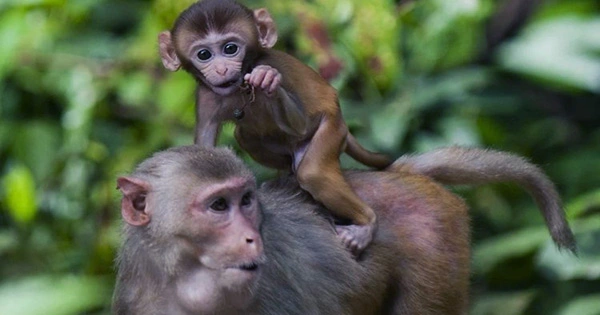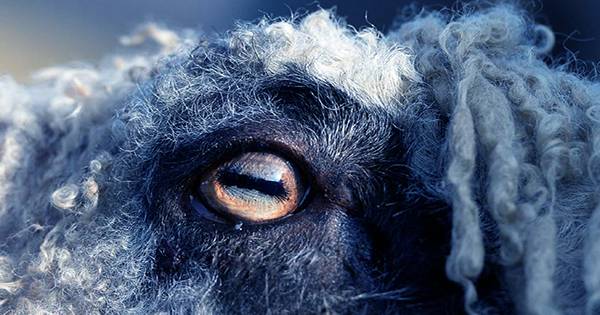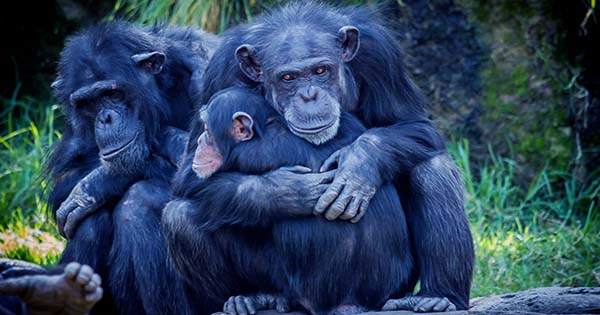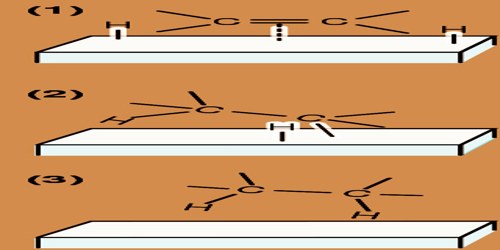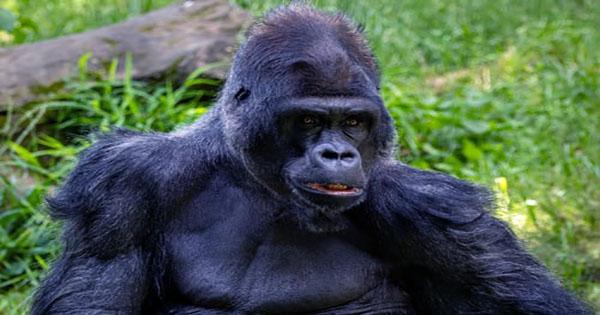THE MAJOR CONCEPT, According to new research, Rhesus monkeys have a sensation of when their own hearts are beating. Interoception is the ability to detect one’s own physiological conditions, such as heartbeat, respiration, or flushing cheeks. Animals can be trained to do activities that exhibit this capacity, according to earlier study. A group of scientists demonstrated that rhesus monkeys could be trained to increase and decrease their heart rates decades ago. However, whether monkeys have an unlearned capacity to feel their body signals rather than being taught to do so remains an unresolved subject.
Human newborns and monkeys both spend more time looking at surprising or unusual items than they do at things they expect or are used to seeing. We utilized a challenge that relies on this behavior to see if monkeys can perceive their own heartbeats, which was initially created to see if human neonates can.
Our monkeys were first seated in chairs in front of a computer screen and electrocardiograms were used to monitor their heartbeats. Then we showed movies of a yellow or green cloud jumping up and down as beeping sounds played in the background. The bouncing and beeping would sometimes match the monkey’s heartbeat, and other times they would be out of rhythm. The length of time the monkeys stared at the visuals was then measured using eye trackers. If the monkeys could feel their own heartbeats, they would find in-sync bouncing less exciting and novel than out-of-sync bouncing, therefore they would spend more time gazing at the out-of-sync picture.
We examined four monkeys, and they gazed at the forms that bounced and sounded out of rhythm with their heartbeats for roughly three-quarters of a second longer than the in-sync visuals, much like human newborns. Furthermore, our monkeys’ attention to out-of-sync shapes compared to in-sync shapes was extremely similar to that of human neonates. These data clearly show that monkeys are aware of their own heartbeats from an early age.
WHY DOES IT MATTER? The most popular test for determining how aware people are of biological signals is a heartbeat detection test. This ability is regarded to be essential for emotional experiences, a feeling of self, memory, awareness of one’s own intellect, and even consciousness in humans. Disorders like anxiety and sadness are linked to abnormally low or excessive interoception. Our findings show that monkeys and humans have similar perceptions of their heartbeats, as well as a way for evaluating this capacity across species.
WHERE DO WE GO FROM HERE? Not only are people aware of their own heartbeats, but they are also aware of numerous other minor physiological activities. However, while some people have exceptional interoceptive abilities, many others struggle with activities like the one in the research. Our next step will be to see if like people, some monkeys are better at monitoring their own heartbeats than others, and if this translates to other psychological characteristics.
Finally, researchers can monitor monkeys from womb to tomb, have excellent experimental control, and do extensive anatomical analyses using monkeys. Researchers may be able to use this access to learn more about how interoceptive capacity develops, how the social and physical environment influences it, and what brain processes underpin it. Establishing this information might help researchers better understand the reasons of numerous health problems that arise when interoception fails, including as mental health issues, neurodegenerative illnesses, and aging.
The Discussion, Eliza Bliss-Moreau, Associate Professor of Psychology, University of California, Davis, and Joey Charbonneau, Student in Neuroscience, University of California, Davis.
